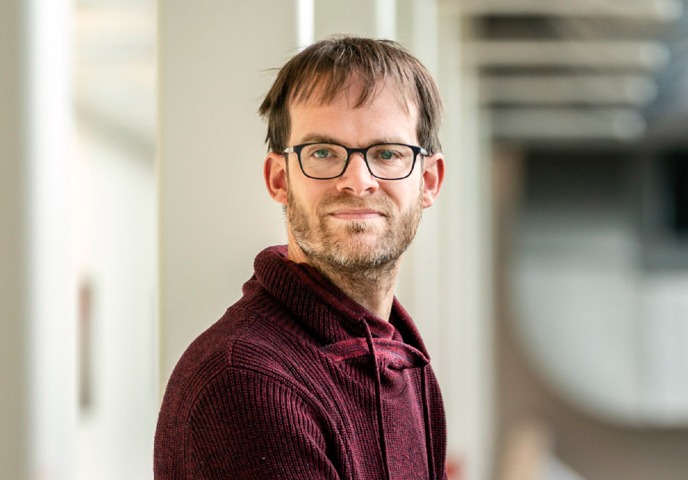NWO Impact Explorer for Van den Bogaart’s research into the early detection of small amounts of dividing cancer cells in blood

Geert van den Bogaart, Professor of Molecular Immunology at the University of Groningen, received an Impact Explorer grant from the Dutch Research Council (NWO). The grant will enable Van den Bogaart to validate the potential societal impact of his research into the early detection of small amounts of dividing cancer cells in blood.
The Impact Explorer programme aims to explore the societal value of an unexpected scientific discovery or insight and is currently a pilot programme. On the basis of its results, it will be decided whether the grant will become structural in the future.
Innovative sensitive test to detect small amounts of dividing cancer cells in blood
Van den Bogaart, his colleague Dr Frans Bianchi, and their teams developed a highly sensitive test to detect very small amounts of dividing cancer cells in biological fluids. The new test overcomes certain limitations of current tests, which are technically complex and expensive or lack sensitivity. It has the potential to improve the accuracy of cancer diagnosis and prevent relapse.
Relevant since small amounts of residual dividing cancer cells can form the beginning or recurrence of a tumor
The new test is important because after cancer treatment, small amounts of cancer cells can remain behind and form the beginning or the recurrence of a tumor. This phenomenon is called minimal residual disease (MRD) and has a huge impact on the survival of cancer patients. MRD testing is particularly important in blood cancers, such as leukaemia and lymphoma, where cancer cells can spread throughout the body via the bloodstream. However, it could potentially also be used to monitor metastases of solid tumors, such as breast cancer or lung cancer, after surgery or chemotherapy.
Next step: assessing effectiveness and feasibility
The research group now aims to assess the effectiveness of the new test and develop a roadmap for its clinical application. Collaborations with academics and industry researchers are planned to obtain initial evidence of feasibility of this test for cancer detection.
More information
| Last modified: | 02 December 2024 1.34 p.m. |
More news
-
07 April 2025
Plastic recycling: how to best reuse carbon atoms
Scientists at the University of Groningen are working on new ways to recycle plastic waste into new, high-quality products.
-
07 April 2025
Gratama Jubilee gift for Marleen Kamperman and Marijke Leliveld
Prof. Marleen Kamperman and Marijke Leliveld received EUR 100,000 from the Gratama Foundation for their research project aimed at producing organic textiles for sustainable fashion.
-
03 April 2025
IMChip and MimeCure in top 10 of the national Academic Startup Competition
Prof. Tamalika Banerjee’s startup IMChip and Prof. Erik Frijlink and Dr. Luke van der Koog’s startup MimeCure have made it into the top 10 of the national Academic Startup Competition.
